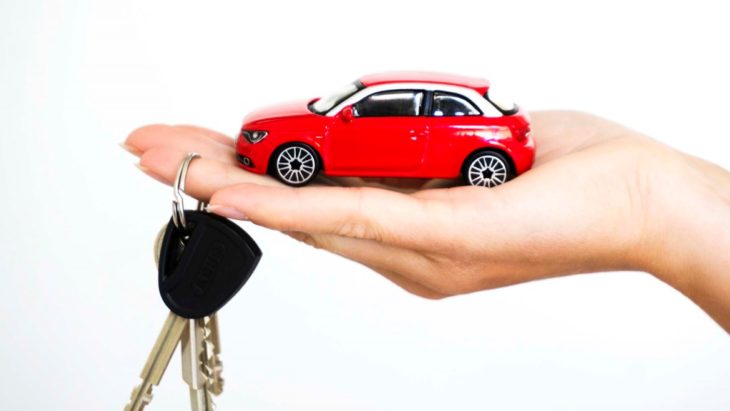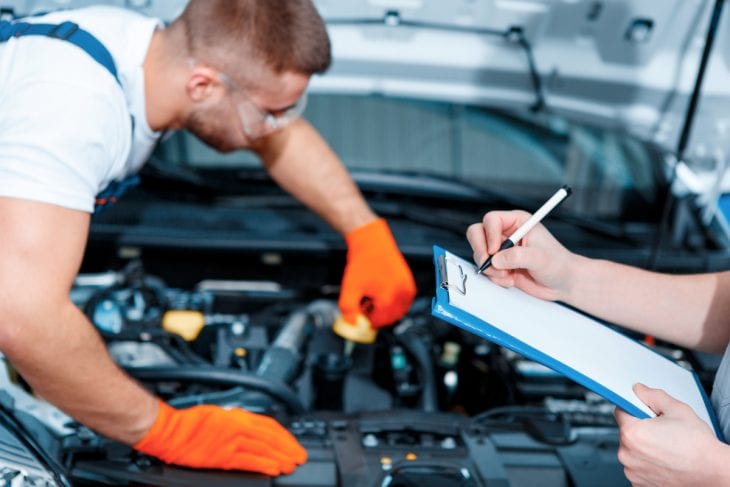Buying a car is often considered the second most important purchase, after investing in your house or an apartment. In today’s modern world, you have a variety of choices of cars. Cars come in all sizes and shapes but luckily the price range allows everyone to find something.
You must never buy a car because you feel like it and you are impulsive. Buying a vehicle requires research, dedication, and knowledge. According to Blue Chilli Cars, a ride must be an asset to you and not a liability.
We are going to give some important steps to follow before buying a car.

Source: retirementliving.com
Contents
1. Purpose of Buying a Car
Determining the purpose of buying a car will motivate you to think differently. Whether you are going to buy a car for your daily travel or for weekend leisurely travels changes the things you are looking at a vehicle. Small cars are easier to drive within the city. Bigger cars can be used for traveling on the highways or off-road.
2. Decide Your Budget
The money you are going to spend is also quite important. After determining the amount, you can see if you are going to buy the car on full payment option or hire purchase. If it is hire purchase then talk to the dealer and go through the various modes of payment, interest rate and discounts the dealer has to offer. You should also go online and look into the best possible deals of various banks and hire purchase companies.
3. New car or Certified Pre-owned or Used car
You can buy a new car if you have no budget constraints. A new car can also be bought through hire purchase if you don’t have playback problems. If you like a certain model but you would like to spend a lower amount, your choice will be between a certified pre-owned or used car. Used cars will cost you less but you may not know the exact condition of the car and maintenance costs are always something to include. Certified Pre-owned cars will be a good choice as the dealer would have been thoroughly checked it. You will receive a certificate of warranty for a particular period of time.

Source: autoTrader.ca
4. Do a Lot of Research
Buying a car is a long term investment. There will be regular fuel cost when you use it and regular maintenance cost, whether you use it regularly or seldom. You must spend considerable time on the internet and research about the model, price and maintenance procedures. Through research, you may get all the information about the price of the car and the discounts available for the models. Some cars need less maintenance while some cars need more. You must always try to avoid spending extra money every month on the vehicle, which might stress you and make you unhealthy.
5. Insurance Cost
Insurance on a car must be paid every year, and it will vary every year, according to the valuation of the car in the year of payment. A premium on High-end cars and the top-selling models will cost you more.
You must take the premium payment into consideration while you buy a car as it must be paid without fail as long as you own the car.
6. Test Drive
A test drive is an important aspect to choose a car. You may have been impressed by the design of the car and researched a lot about the capacity of the engine and other accessories. Only when you drive a car by yourself, you will know the capacity of the car and the usage value of all its parts. Spend time with the car and feel the car out and try to work all the features given in the manual.
You must not rely on the salesperson, and you must go through all the routine work yourself. You should operate the seats, mirrors, indicators, safety airbags and all the visible parts inside and outside the car.

Source: ttc-driverprotect.com
7. Avoid Buying Accessories
The cost of the add-ons may be higher in the car showroom than the price for which you can get the accessories, online. Thus, before buying the accessories, check the price of the parts online. If the cost is less online, avoid buying from the dealer.
8. Avoid Extended Warranty
Extended warranty of the dealer will add to the cost of the car and when you go for hire purchase and it will add to your repayment cost. Moreover, extended warranties do not fully cover the cost of the part.
You can earmark the money separately every month and spend it when the necessity arises.
9. Consult a Mechanic
A mechanic knows the ins and outs of a car, so if you are buying a used car, take the car to the mechanic and get his opinion. His suggestions are valuable and you must never override his judgment.

Source: scottsfortcollinsauto.com
Conclusion
Purchasing a car is not an easy job. You must do a lot of research on models, car rates, interest rates, and discounts. You must be well prepared before meeting the dealer to negotiate and get the best possible deal.
